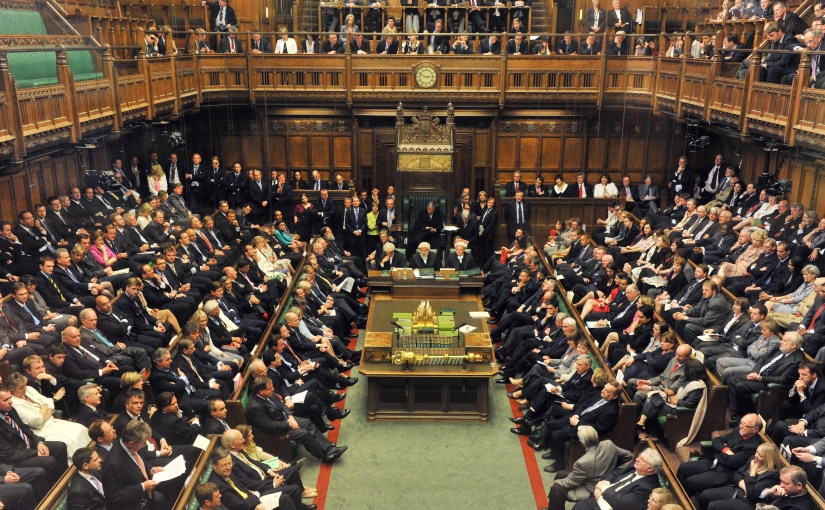The Speaker of the House of Commons, John Bercow, has indicated that, in accordance with a longstanding rule of Parliamentary procedure, the government is unable to bring the EU Withdrawal Agreement back to the House for a third vote. In doing so, he has strayed beyond the limits of precedent, and therefore of his authority, and has provoked a minor constitutional crisis.
The Brexit policy of the UK government can be stated simply: to keep bringing back to Parliament the Withdrawal Agreement it negotiated with the EU until the House of Commons eventually decides to accept it. So far, the Agreement has been voted on and rejected twice. The government wants there to be a third vote. And, if it loses that, there will certainly be a fourth, and even a fifth.
The announcement by the Speaker of the House of Commons on 18 March 2019 that no further vote can take place in this session of Parliament is of constitutional significance because – while superficially a decision on an arcane point of Parliamentary procedure – it amounts in substance to a veto by him of the main policy of the elected government, with which he has now placed himself in direct opposition.
To justify his approach, the Speaker appealed to historical precedent and Parliamentary convention. But he has strayed far beyond the limits of any legal or constitutional map. Whatever his motives, he is now engaging in procedural innovation for which there is no basis in law or past practice. In doing so, he runs the risk of turning the current political sclerosis over Brexit into a genuine constitutional crisis.
Continue reading A Very British Coup – The Speaker of the House of Commons and the Brexit Crisis



